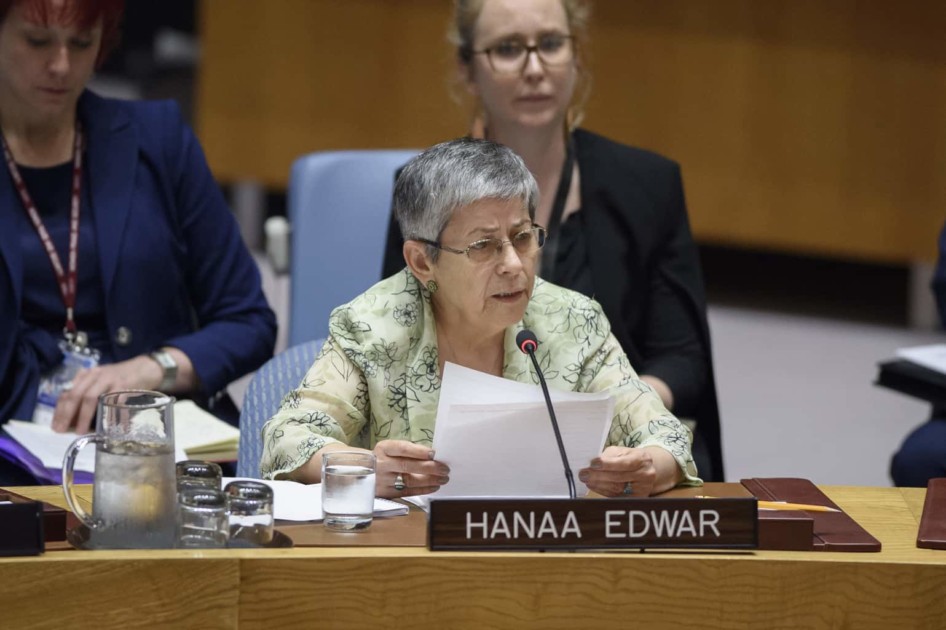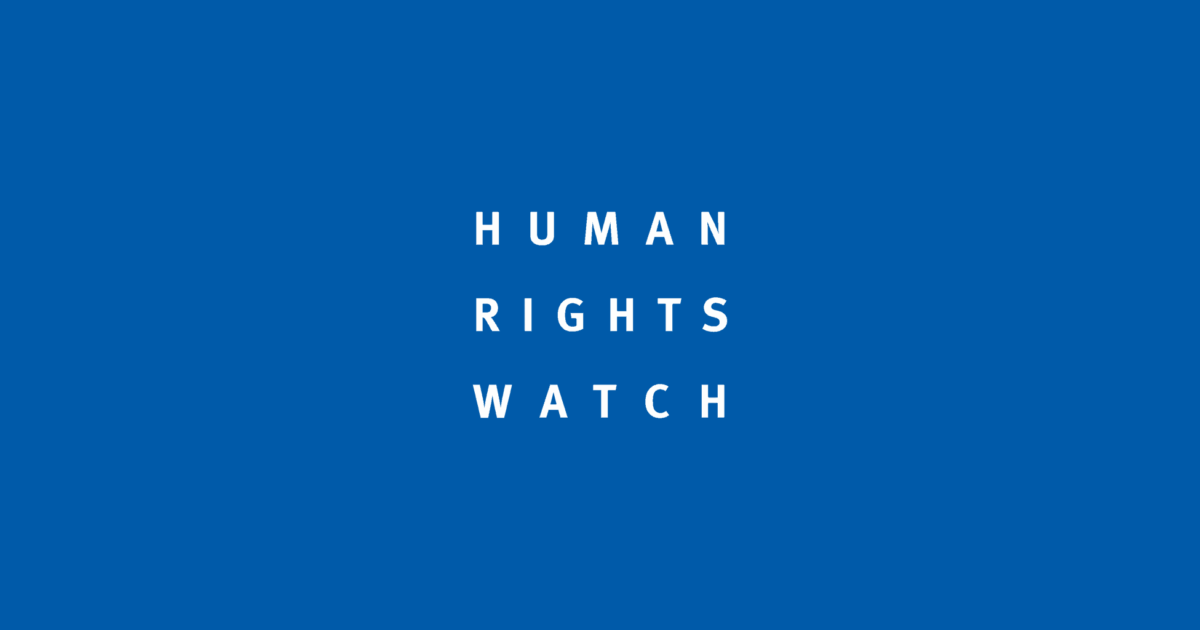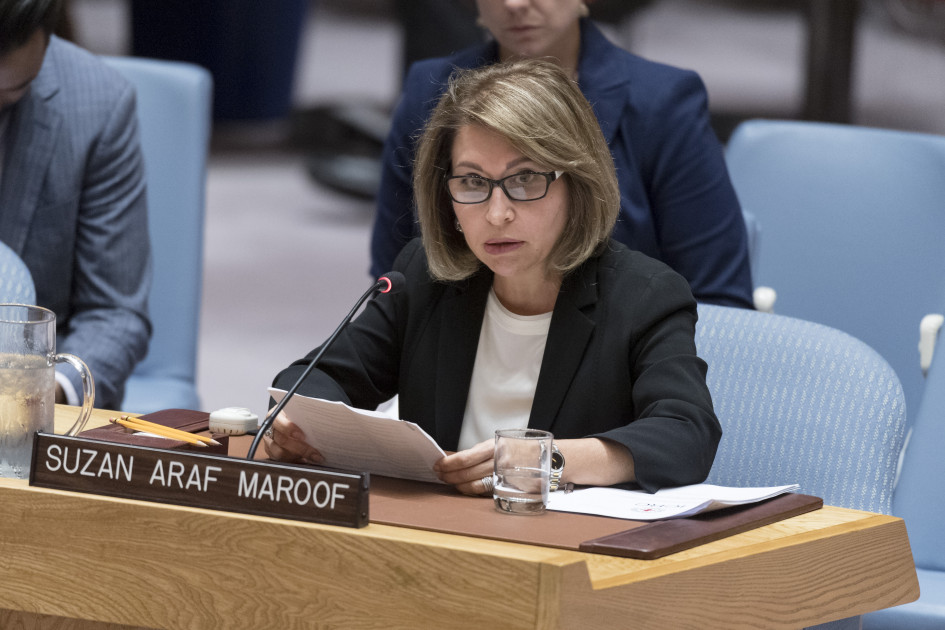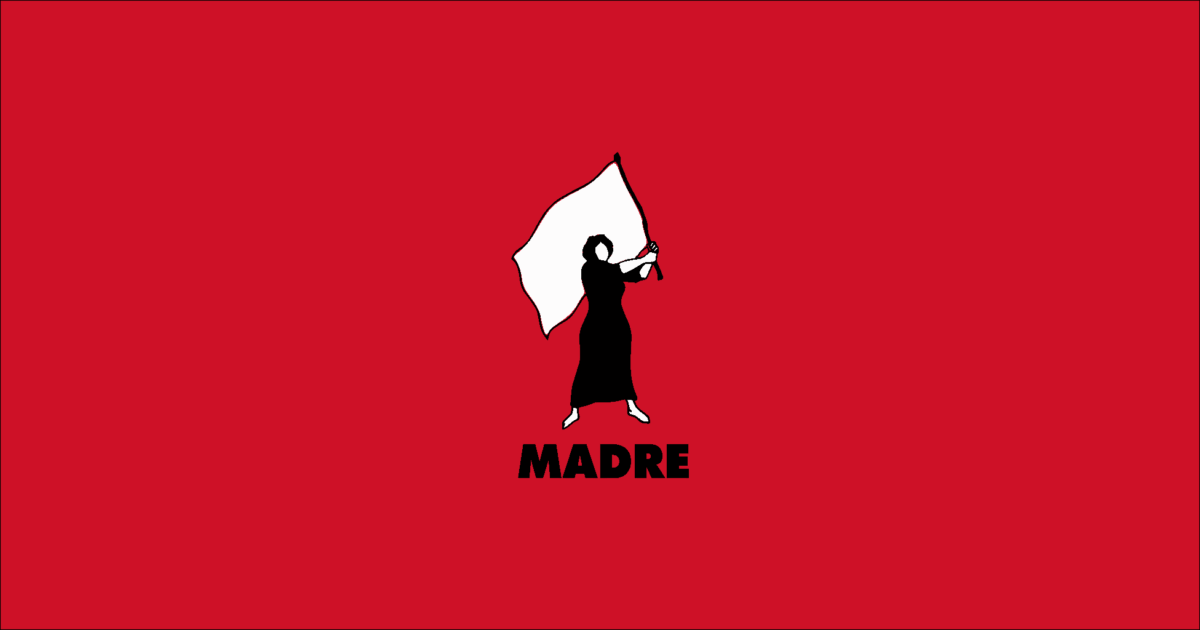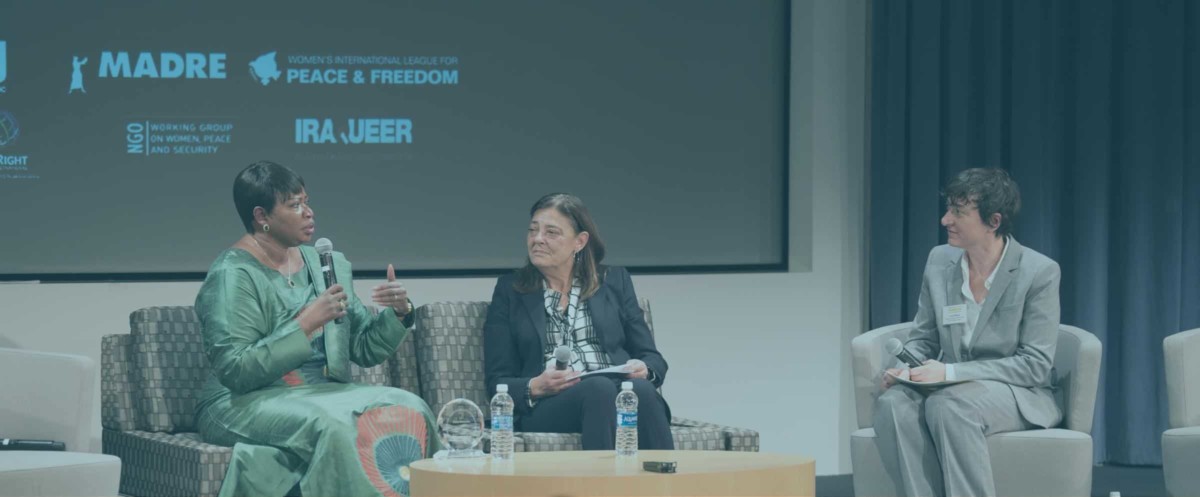Iraq
Iraq
Women are crucial allies to the efforts to eliminate extremism in Iraq. The Islamic State of Iraq and the Levant (ISIL) has contributed to a political landscape in Iraq historically characterized by sectarianism, ineffective judicial systems, high levels of government corruption, and high rates of violence against women, including sexual and gender-based violence. ISIL continues to use sexual and gender-based violence and rape as weapons of war— and targets women, particularly Yazidi women and other non-Shiite minorities, for sexual slavery among fighters.
Iraq acceded to the Convention on the Elimination of all Forms of Discrimination against Women (CEDAW) in 1986, launched the National Strategy on Combating Violence against Women in 2013, and launched its National Action Plan pursuant to Resolution 1325 in 2014. Iraq’s National Action Plan was the first launched in the Middle East. The Ministry of Women’s Affairs in Iraq has also developed a National Strategy for the Advancement of Iraqi Women, but due to the political climate it hasn’t been effectively implemented; similarly, laws banning forced and early marriages are rarely enforced.
Based on the work of NGOWG members and their partners, the NGOWG advocates for the Government of Iraq to clarify their shelter policies, in order to allow and support Iraqi NGOs in their efforts to operate shelters and provide much needed services to survivors of SGBV. Further, the NGOWG urges the Security Council to ensure that the United Nations Assistance Mission for Iraq (UNAMI) is regularly engaging with women’s organizations, and will continue to take concrete steps to support women’s participation in all peace and security processes.
Current and Past Recommendations to the UN Security Council (Monthly Action Points)
The conflict between ISIL/Da’esh and Government forces, with assistance from allied militias, continues to dominate discussions on the human rights situation in Iraq. In its consideration of a report on the United Nations Assistance Mission for Iraq (UNAMI), the Security Council must urge accountability for serious human rights violations against all groups by all sides, including SGBV, sexual slavery, abduction and human trafficking by ISIL and reports of beatings and unlawful detention by Government forces and allied militias during military offensives. Council members should further call for expanding the scope of current documentation and reporting efforts to record all gender-based crimes including crimes against women human rights defenders, LGBTIQ persons, men and boys, and persecution of individuals who do not conform to gender norms to ensure accountability for all perpetrators. The Council should, additionally, ensure that UNAMI is regularly engaging with women’s organizations and taking concrete steps to support women’s participation in all peace and security processes. The Council should also inquire about the status of the draft Law of Protection against Domestic Violence and support the amendments proposed by Iraqi civil society, which include provisions that provide legal coverage for local NGOs to run shelters for women and other vulnerable individuals. Lastly, Council members should request information on efforts by the Iraqi Government to allocate funding for the implementation of Iraq’s National Action Plan (NAP) for UN Security Council Resolution 1325 on Women, Peace and Security.
Relevant Resources


